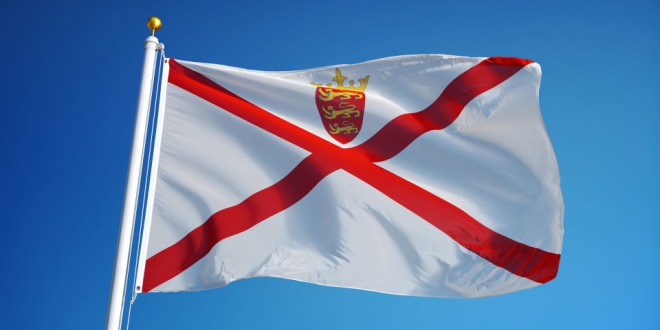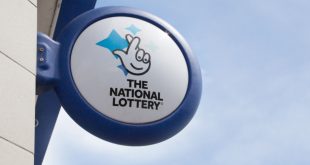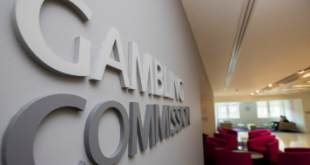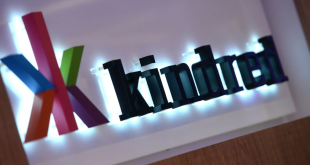The Jersey Gambling Commission (JGC) has issued a damning condemnation of problem gambling treatment services on the island, also calling for an enhancement of enforcement measures.
Breaking down market developments in its annual report, the regulator observed that the number of licensees during the 2020/21 financial year ‘remained steady’ despite a drop off in 2019/20, with the number of licenced betting operators (LBOs) renaming consistent at 22.
Additionally, the number of remote gambling operators also stood steady at five, although gambling machine operators increased from 30 to 45 whilst thrift clubs dropped from 16 to 15.
However, in respective statements, JGC Chairman Cyril Whelan and Chief Executive Dr Jason Lane noted a need to improve the Crown Dependency’s treatment network, with the latter stating that development of a local service ‘remained stalled’.
Whelan in particular was critical of the alleged lack of treatment services available to problem gamblers on the Channel Island territory, as he asserted that the Commission’s request for help to a ‘Jersey public authority well-placed to assist’ went unanswered.
“With depressing regularity, I look back on the previous year, and find little improvement in the delivery of specialist problem gambling treatment on the Island,” Whelan explained.
“As a regulator, the Commission cannot deliver such services itself, yet we continue to raise the profile of this important issue.”
Despite being an issue ‘known to cost lives’, problem gambling received ‘insufficient attention’ in Jersey, stated Whelan, who argued that the topic needs to be de-stigmatised to encourage those suffering from home to openly seek help.
Lane also reiterated the need for de-stigmatisation of problem gambling, but also detailed confidence in the island’s advisory and service provision network, particularly the treatment programmes offered by Gordon Moody.
He added: “Spreading the word, building confidence and de-stigmatising the impact of gambling continue as core themes of the Commission’s Social Responsibility programme. To that end, we continued our outreach programme of engagement through radio and print advertising.”
Continued development of Jersey’s problem gambling support infrastructure is a costly task,, Whelan noted.
The Commission Chairman called for the construction of a ‘service which does not currently exist’, adding that this service would need to be ‘underwritten – not paid – by government’, a prospect that has been researched by the Commission, with ‘early approaches’ to the government planned.
Looking further ahead, Lane laid out the case for an enhancement of the Commission’s enforcement powers, describing an amendment allowing the authority to ‘make public statements in respect of regulatory action’ as an ‘asset’.
This would serve as a reminder to operator’s licence responsibilities, and – in the aftermath of several regulatory penalties handed out by the UK Gambling Commission (UKGC) – called for an increase in the Jersey authority’s penalty limit to be increased from the current threshold of £5,000.
“The Commission was the first independent body in Jersey to be granted financial penalties and there was an understandable caution regarding their use,” he explained.
“Times, however, have now changed and in light of the penalties now available to other Jersey regulators, this limit should be enhanced or indeed completely removed.”
With the Gambling Act review White Paper due for publication this month, signalling a major shift in gambling regulations in Great Britain, the JGC noted it may seek to further solidify its own regulatory remit through negotiations with relevant Jersey political authorities.









